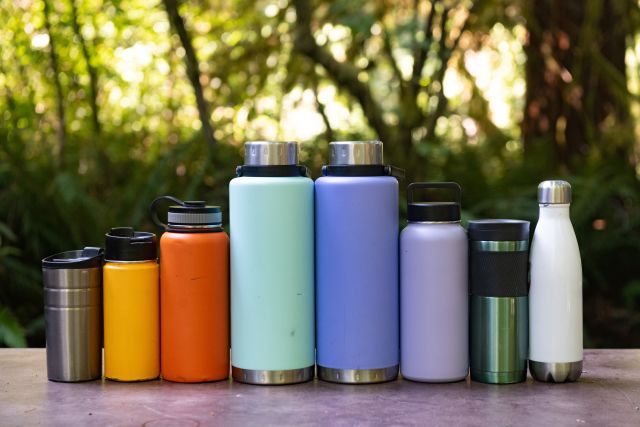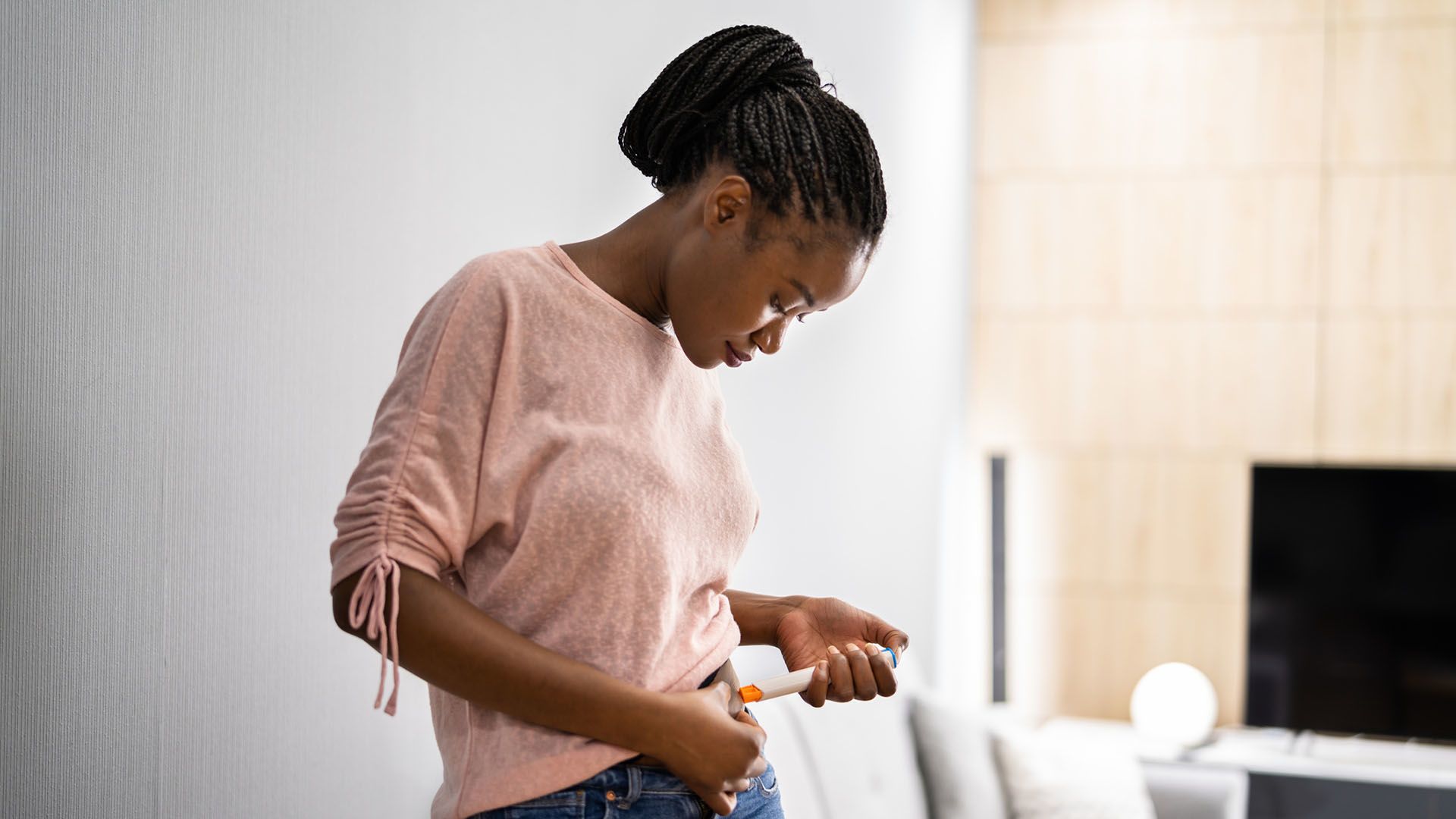One of the best things you can do for your health is to stay hydrated. Staying hydrated means consuming enough fluids, especially water.
Your body relies on proper hydration for many different functions—lubricating the joints, regulating blood pressure, maintaining a normal temperature, and removing waste. Good hydration is also good for sleep and mental health.
Your digestive system (the gastrointestinal or GI tract) also requires an adequate amount of hydration to function normally and stay healthy. Hydration helps regulate bowel movements and break down food.
Dehydration is what happens when the body does not have enough fluids. When a person is dehydrated, the body begins to function less well. Even mild dehydration can cause symptoms—a person may have muscle cramps and headache, and they may feel tired or dizzy. In severe cases, a person may become confused, faint, or go into shock. In very severe cases, dehydration is life-threatening.
While many people become dehydrated for many different reasons, people who are living with inflammatory bowel disease may be at a greater risk of dehydration.
Hydration and IBD
Diarrhea is a common cause of dehydration. It is also a common symptom of both Crohn’s disease and ulcerative colitis (UC).
While they are separate conditions that cause different patterns of inflammation, different symptoms, and different complications, UC and Crohn’s disease are both categorized as inflammatory bowel disease (IBD). Both cause recurring episodes of inflammation that affect the digestive system. These episodes are commonly referred to as “flares” or “flare-ups.”
In addition to losing fluids due to diarrhea, people who have IBD may be more susceptible to dehydration for other reasons. Many people lose their appetite or feel nauseous during flares, and they may eat or drink less as a result.
In many cases, IBD is treated with surgery. Dehydration is common after surgery on the GI tract—and is even a leading cause of hospital readmission after surgery for IBD.
How to stay hydrated
The best way to stay hydrated is to consume enough fluids. It’s recommended that women consume around 91 ounces of fluids per day and men consume around 125 ounces. The average person gets roughly 20 percent of their fluid intake from the foods they eat, and the rest from consuming beverages.
However, different people require different amounts of fluid. Mentioned above, people with IBD may require additional fluids if they become dehydrated. For people with heart problems, kidney disease, and liver disease, it’s possible to take in too many fluids.
As for what fluids to consume, water is an obvious choice, and a good one. Plain coffee and teas are also good choices. Sugary drinks, carbonated beverages, and alcohol should be avoided—or at least consumed in very limited quantities. This is true during periods of remission and especially true during flares.
Water is also a core component of many foods—fruits, cooked oats, and homemade soups are all foods that are both nourishing and hydrating.
Keep in mind that people with IDB may have different nutritional needs. Malnutrition, unintended weight loss, and nutrient deficiencies are common complications of IBD, and can have serious long-term effects on a person’s health. A person managing IBD may require more calories, more nutrients, and more fluid intake than people who do not have IBD.
If you are experiencing a flare or recovering from a flare, it can be helpful to consume sports drinks that contain electrolytes (potassium, sodium, chloride). Nutritional supplements and homemade protein shakes are also recommended for some people who have IBD.
Talk to your healthcare provider about what you eat, what you drink, and if they recommend making any changes.






